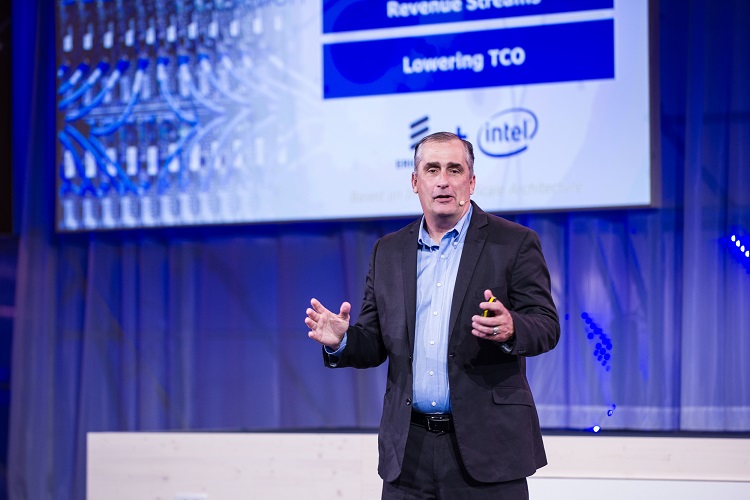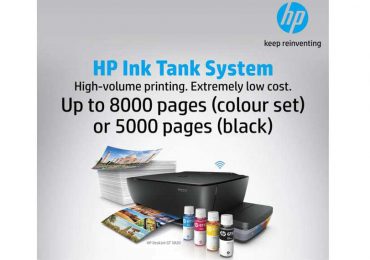Intel Corporation CEO Brian Krzanich announced a series of mobile platforms including the company’s new low-cost system-on-chip (SoC) for phones, phablets and tablets, a global LTE solution, innovative personal computing experiences, and a range of customers for mobile device and network infrastructure offerings. With technologies that span silicon, software and security, Krzanich said Intel was one of the few companies able to deliver solutions end-to-end, for devices, the network and the cloud.
The announcements include the Intel Atom x3 processor series, Intel’s first integrated communications SoC solution for the growing value and entry device markets, and the five-mode Intel XMM 7360 LTE Advanced solution, designed for performance and worldwide coverage. In addition, Krzanich highlighted joint efforts with Alcatel-Lucent, Ericsson and Huawei to address the demand for new telecommunications, cloud and data center services, improve network efficiencies, and accelerate the industry’s move toward a software-defined infrastructure.
Intel introduced the Intel Atom x3 processor series (formerly code-named “SoFIA”), Intel’s first integrated communications platform for entry and value tablets, phablets and smartphones. Combining 64-bit multi-core Intel Atom processors together with 3G or 4G LTE connectivity, the integrated communications SoC combines the applications processor, image sensor processor, graphics, audio, connectivity and power management components in a single system chipset. This integration allows device manufacturers to deliver full-featured tablets, phablets and smartphones at affordable price points for the rapidly growing entry and value market segments.
Intel is bringing the benefits of integrated Intel architecture and wireless communications to customers, including the China technology ecosystem, with greater velocity. Twenty companies, including ASUS and Jolla, have committed to delivering Intel Atom x3 designs.
Rounding out its mobile portfolio that scales from the entry to performance segments, Intel also introduced its first 14nm Intel Atom SoC, the Intel Atom x5 and x7 processor series (formally code-named “Cherry Trail”) for next-generation tablets and small-screen 2 in 1s. Offering 64-bit support for Windows and Android, Intel Gen 8 graphics, and an option to pair with next-generation LTE Advanced connectivity, the Intel Atom x5 and x7 processor series will power a range of mainstream to premium devices.
Customers, including Acer, ASUS, Dell, HP, Lenovo and Toshiba, have already committed to deliver devices on this platform. The first devices are expected to be in the market in the first half of this year.
Krzanich outlined how Intel is working with industry leaders to transform network infrastructure with standardized hardware and software, and helping to accelerate the industry’s move toward a flexible, agile software-defined infrastructure. This enables both telco and cloud service providers to improve network efficiencies and accelerate the delivery of new services and capabilities for consumers and businesses.











